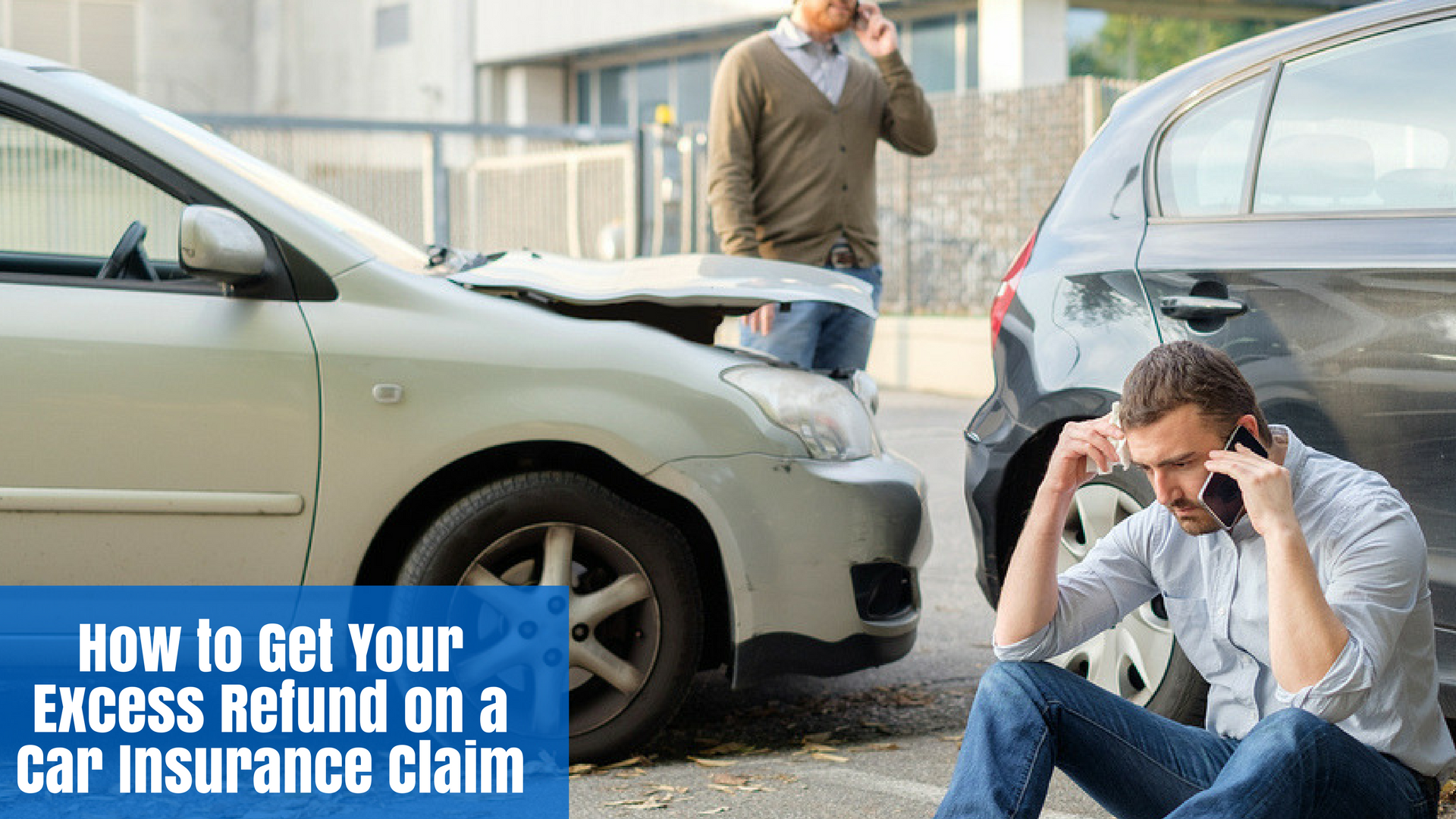How to Get Your Excess Refunded on a Car Insurance Claim
Hi, my name is Adam Stewart, Debt Collection Expert and owner of Debt Recoveries Australia.
If you are not at fault and have comprehensive insurance on your car, most insurers will waive the excess, if certain circumstances are met. If you can identify the at-fault driver, most insurance companies will not charge you the excess, they will instead chase the at-fault driver.
You will have to check the conditions of your policy, however, most insurers will charge you the excess to begin the repairs then refund it once it’s confirmed you weren’t at fault and you have given them the other driver’s details.
Motor vehicle accidents can be quite traumatic and it is sometimes difficult to remember what to do in the event of an accident. Unless you have all your facts straight and evidence to back up your side of the story, your insurer may not be able to determine who’s at fault, or even find the other party.
So here are some tips on how to avoid paying your excess if you weren’t at fault for the accident. These are not always foolproof but they do help in the insurance recovery process:
1. Write down all of the details
After you’ve had an accident, the last thing on your mind is insurance, making sure everybody is ok should be the first thing. If everybody is ok, get your phone out and make some notes about what you remember:
- Date and Time
- Accident Location
- What happened?
2. Call the Police
For larger accidents, you can call the police to lodge a police report. The police can determine who is at fault for the accident by taking a statement off both parties. This gives your insurer evidence to make a recovery from the other driver. The other driver may not agree with calling the police, that’s okay, call them anyway.
3. Get the other Drivers details, before they drive off
Where you can get caught out by paying an excess is not getting enough information from the other driver. Your insurer needs to know who they can recover off for the accident. They need to be able to get in touch with the other driver and have enough detail to ensure they can make that recovery. If you don’t get enough information, the insurer may request that you pay your excess. Here are the details to make sure you grab at the time:
- Licence No.
- Full Name & Address
- Contact Number
- Rego Number
- Car Make & Model
- Insurance Company
Just getting their name and address may not be enough information for your insurer to make a recovery or it may not be enough information to satisfy your insurance policy terms and conditions. Take a photo of their licence for proof, back and front.
4. Any witnesses?
If there are any witnesses to the accident be sure to get their contact details. If you’ve called the police they may ask for a statement from a witness to support your claim. Your insurer may need to get in contact with the witness to ask more information about what they saw in the accident, this will help your insurer make a recovery off the other driver.
5. Take photos
It is really important you take photos of both damage to your car, and damage to the other driver’s car. This helps as part of evidence of what happened in the accident.
6. Lodge your claim as soon as possible
You should contact your insurance provider as soon as possible after the event you are claiming for. Have all the details of the incident ready and, if possible, gather together any additional information like receipts, photos or notes to backup your claim and send them all through with your claim form.
Summary
Now that you have done your job, make sure your insurance company does theirs. They are required to manage your claim in a reasonable time period and, where applicable, keep within the timeframe outlined in the General Insurance Code of Practice. If you haven’t heard from your insurer within 10 days of lodging your claim, contact them again to obtain an update. If there is no clear explanation for a delay you could consider formalising your concerns with a letter or call and requesting that a final decision be made. If you still don’t hear from them, write a letter of complaint to the Financial Ombudsman Service Australia.
Debt Recoveries Australia is the expert at recovering your outstanding debt without the drama. For more information, email at us email@debtrecoveries.com.au or call 1300 799 511. Talk to us about your debt collection concerns via Skype at debtrecoveries.
Email: email@debtrecoveries.com.au
Call Us: +61 1300 799 511
 | About the Author In 2002, Adam Stewart established Debt Recoveries Australia Pty Ltd, a debt collection agency specialising in the insurance claims industry. Adam has worked in the fields of motor vehicle insurance and debt recovery for over 12 years, working with some of the largest insurance and debt recovery companies in Australia. Read more |
 Debt Recoveries Australia
Debt Recoveries Australia
